
How to Get Rid of Worms in Humans (Including Parasite Cleanse Diet)
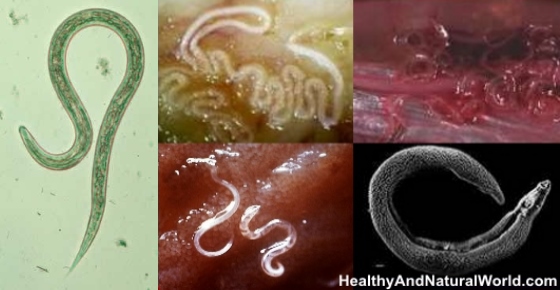
The idea of worms living inside us is unsettling — yet intestinal parasites (tapeworms, roundworms, pinworms, Giardia and others) are more common than people think. They spread through contaminated food or water, poor hygiene, undercooked meat, and contact with infected pets. Symptoms can be vague and overlap with other conditions, so infections are often missed.
Common types of intestinal parasites
-
Tapeworms (from undercooked pork, beef, or seafood) — can grow very long and cause weight loss and digestive troubles.
-
Roundworms (Ascaris) — often acquired from contaminated food; may cause nutrient deficiencies.
-
Whipworms — contracted from soil and unwashed produce; can cause bloody, painful stools.
-
Hookworms — enter through bare feet; may cause rash, digestive and respiratory symptoms.
-
Pinworms / threadworms — common, especially in children; intense anal itching and easy reinfection.
-
Protozoa (e.g., Giardia) — single-celled parasites found in contaminated water; cause watery diarrhea and cramping.
How infections happen
-
Poor hand hygiene (especially after bathroom use or handling pets)
-
Eating undercooked or raw meat/seafood
-
Drinking untreated water or using ice made with unsafe water
-
Contact with contaminated soil or untreated animal feces
Typical symptoms to watch for
-
Anal itching (especially at night)
-
Diarrhea, pale stools, or constipation
-
Abdominal pain, nausea, bloating, gas with bad odor
-
Unexplained weight loss or poor nutrient status
-
Fatigue, anemia, or signs of malabsorption
-
In severe cases: bowel obstruction or respiratory symptoms
Because these signs are non-specific, see a doctor for testing (stool or blood tests) if you suspect an infection.
Natural remedies people use (what the evidence says)
Some foods and supplements have traditional or research-backed antiparasitic effects — they may help as part of a broader plan, but they’re not a guaranteed substitute for medical treatment:
-
Garlic — contains compounds with anthelmintic activity (often used crushed/aged or in food).
-
Papaya seeds — small studies show strong antiparasitic effects; often used ground in water or smoothies.
-
Pumpkin seeds — traditional remedy shown in some trials to help expel tapeworms.
-
Onion — sulfur compounds may help; typically used as juice mixed into food or yogurt.
-
Diatomaceous earth (food grade) — claimed to damage parasites’ exteriors; used orally by some (start small and use food-grade only).
-
Herbal supplements: oregano oil, clove oil, wormwood, black walnut, olive leaf extract — have antiparasitic activity in lab or animal studies; some human trials exist for specific oils.
Important: Evidence varies widely. Some remedies show promise in small trials; others rely on traditional use or animal studies. Natural options may help reduce parasite load but don’t replace medical diagnosis and treatment when needed.
How people typically use natural approaches
-
Many follow a parasite-cleanse protocol for 2–3 weeks: increased intake of antiparasitic foods (garlic, papaya seeds, pumpkin seeds), plus short courses of supplements (e.g., oregano or clove oil) under guidance.
-
Hygiene measures (handwashing, washing produce, avoiding raw/undercooked meat, treating infected pets) are essential to prevent reinfection.
-
Diatomaceous earth users usually start with a teaspoon in water and work up to 1–2 tablespoons daily for a short period (food-grade only).
When to see a doctor (don’t delay)
Seek medical care if you have:
-
Persistent diarrhea, severe stomach pain, vomiting, or unexplained weight loss
-
Blood in stools or signs of dehydration
-
Recent travel to high-risk areas, untreated water exposure, or contact with animals and persistent symptoms
Doctors can order stool microscopy, antigen tests, or blood work and will prescribe effective antiparasitic medications when necessary. Some infections require prescription treatment to fully clear.
Prevention tips
-
Wash hands thoroughly after the toilet, gardening, or handling pets.
-
Cook meat and seafood to safe temperatures; avoid raw/undercooked items in risky areas.
-
Drink boiled or treated water in uncertain locations; avoid ice made from unsafe water.
-
Wash produce well; maintain household and pet deworming schedules.
-
Launder sheets, towels, and kids’ toys frequently during outbreaks.
Bottom line
Natural foods and certain supplements may help reduce parasite burden and support gut health, but diagnosis and, when needed, prescription treatment are critical — especially for severe or persistent infections. Combine prevention, good hygiene, and medical testing if symptoms persist.
News in the same category


How Two Quiet Hours a Day Can Rebuild Your Brain

13 Warning Signs of High Blood Sugar and 9 Ways to Take Control of Your Health
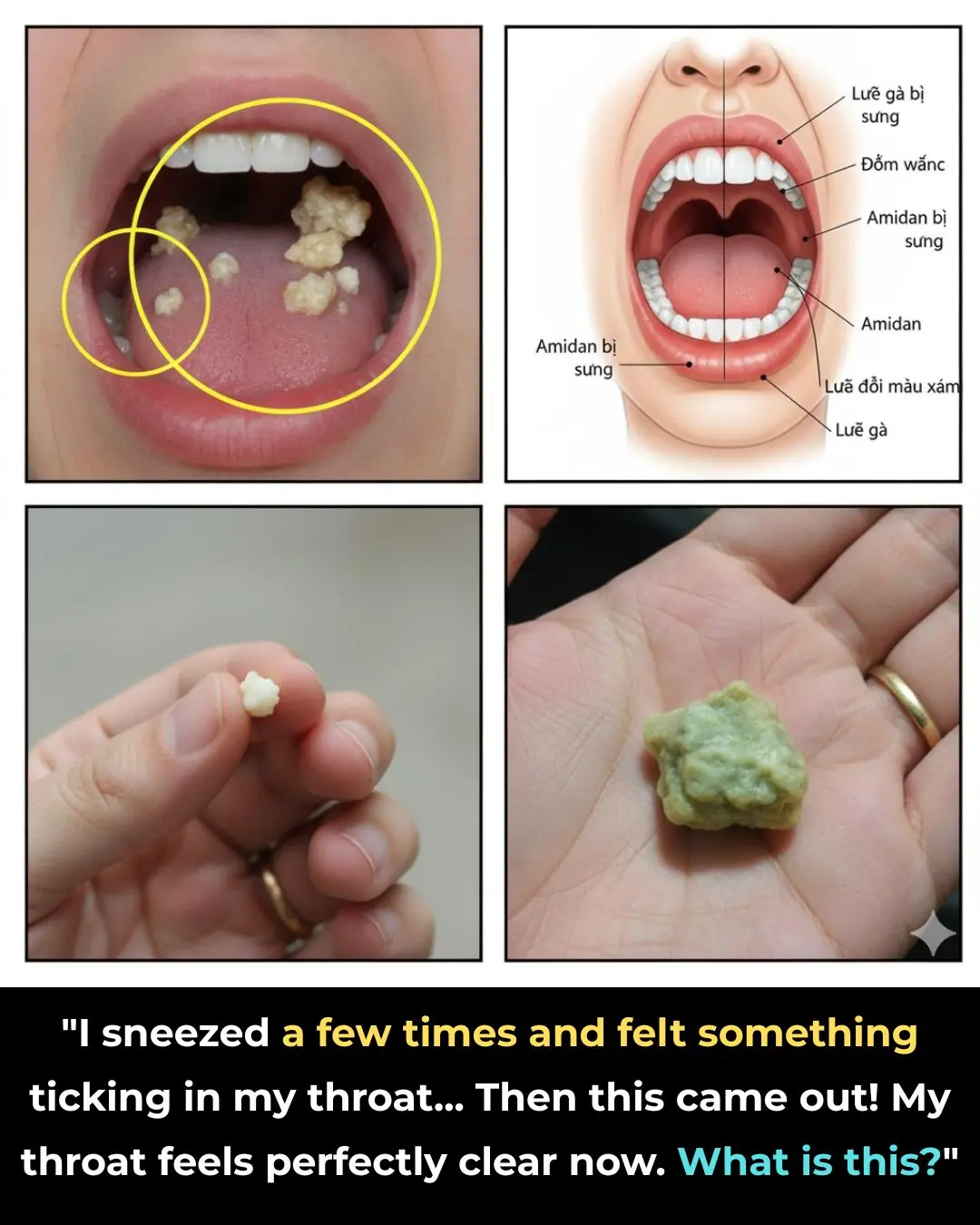
What Are Tonsil Stones
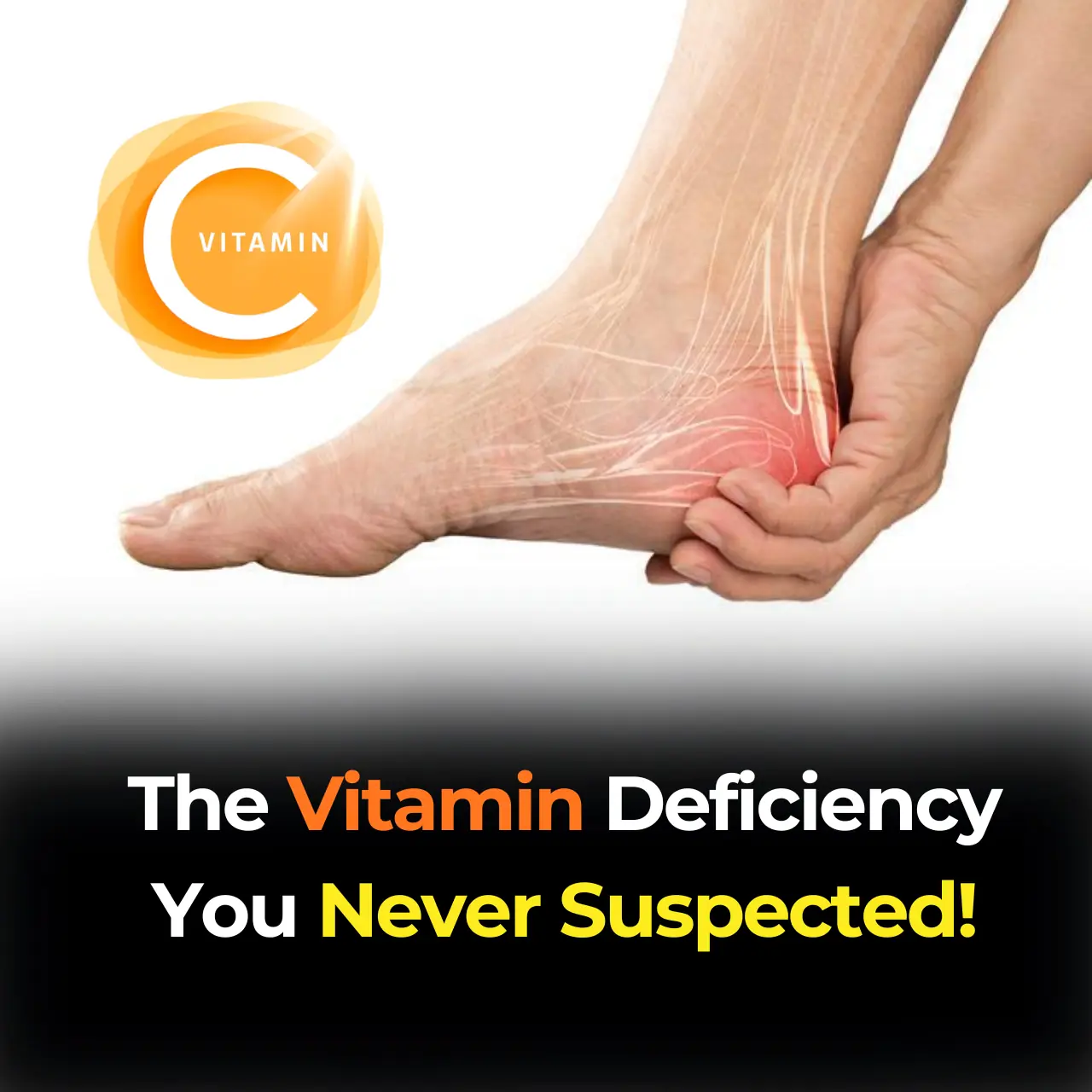
Nerve Pain Relief? The Vitamin Deficiency You Never Suspected!
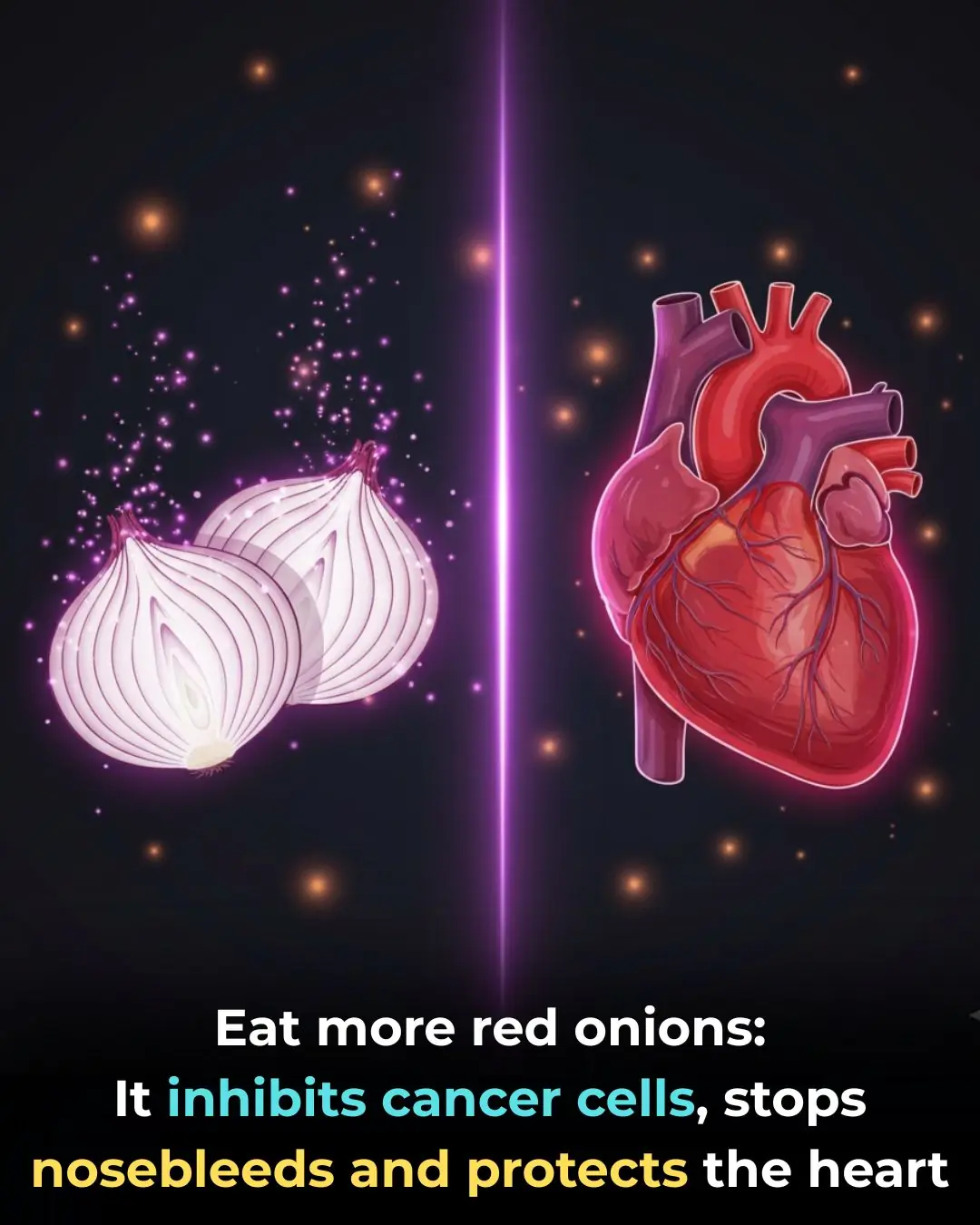
Eat More Red Onions: It Inhibits Cancer Cells, Stops Nosebleeds And Protects The Heart
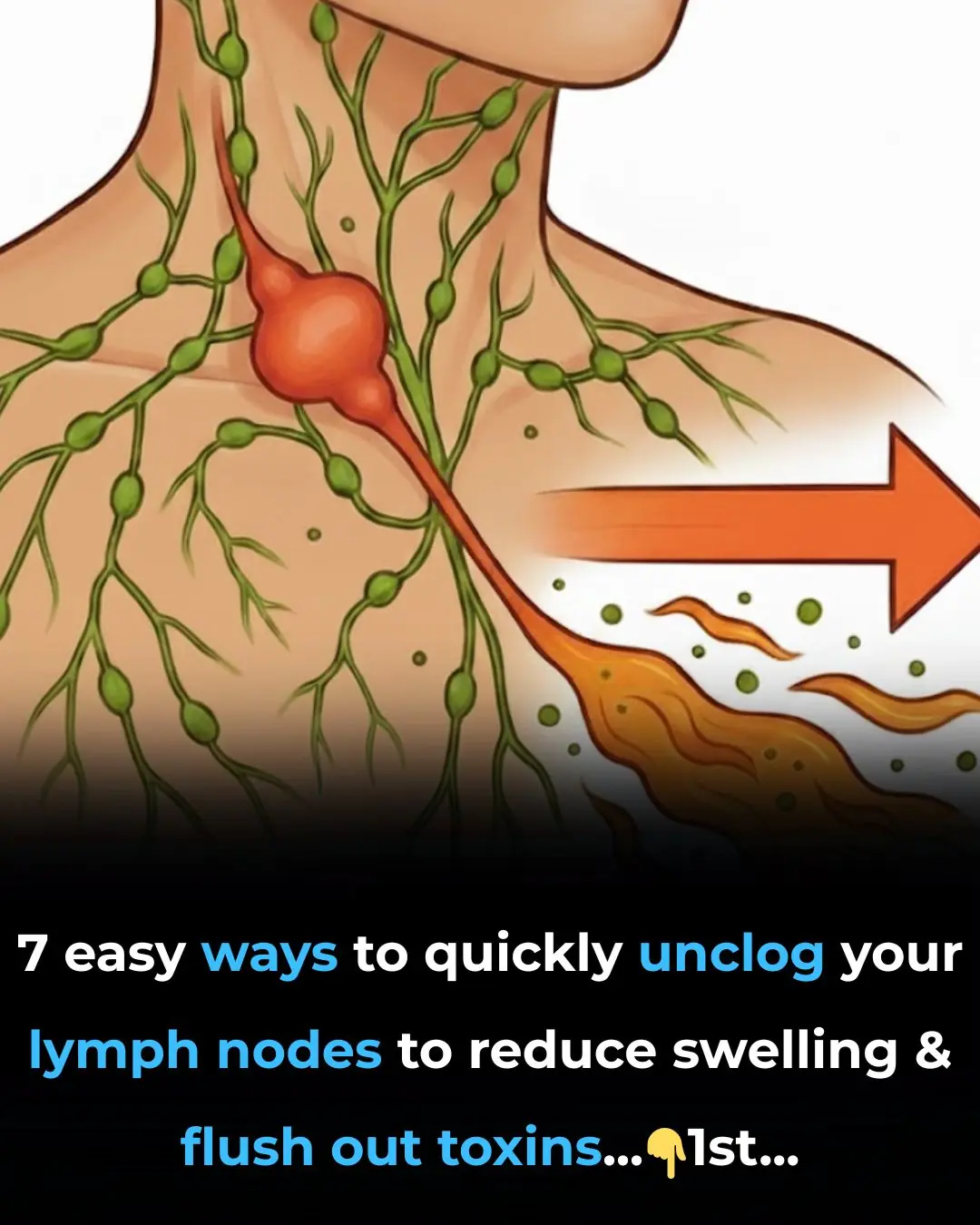
7 Easy Ways To Quickly Unclog Your Lymph Nodes To Reduce Swelling And Flush Out Toxins
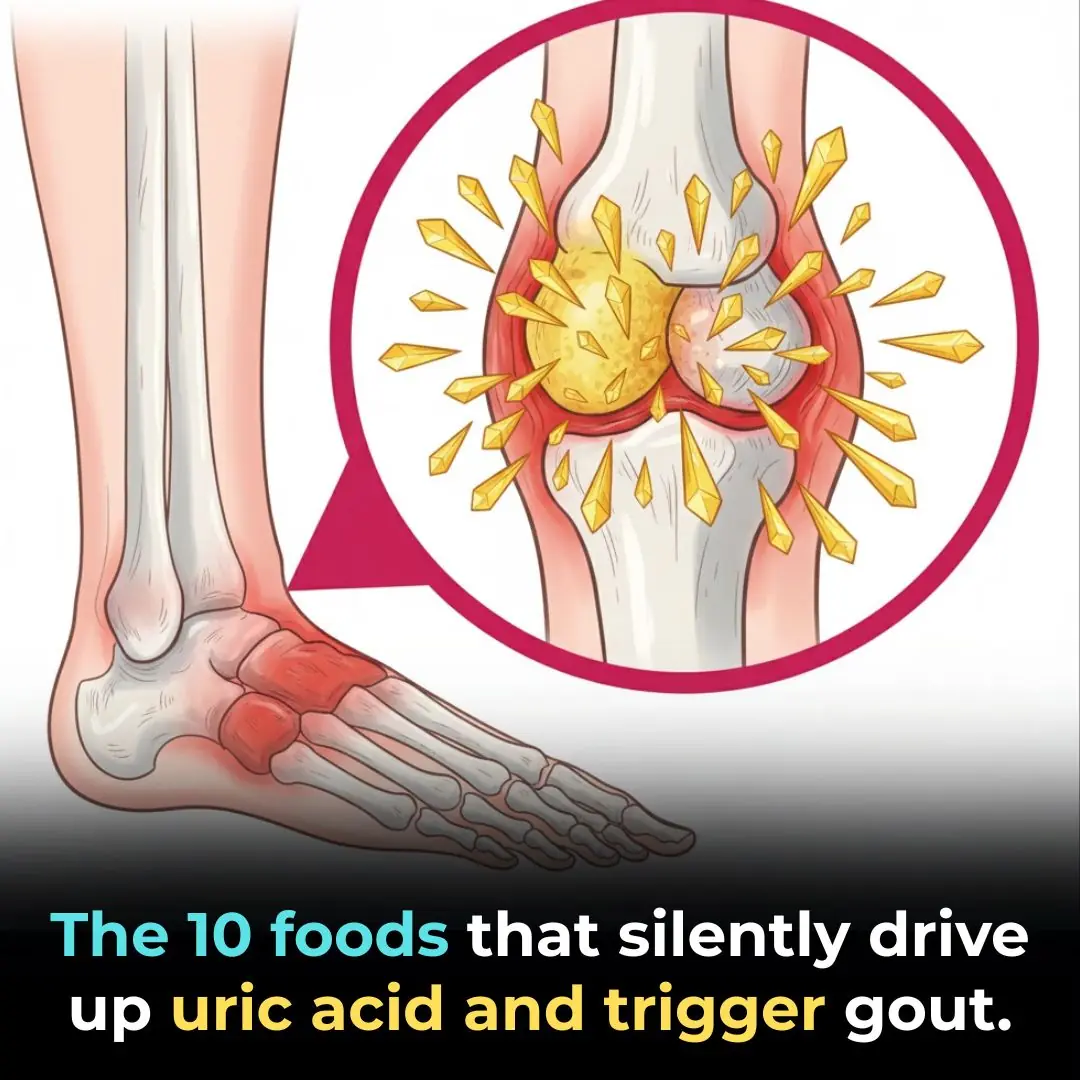
Top 10 Uric Acid Foods To Avoid If You Have Gout
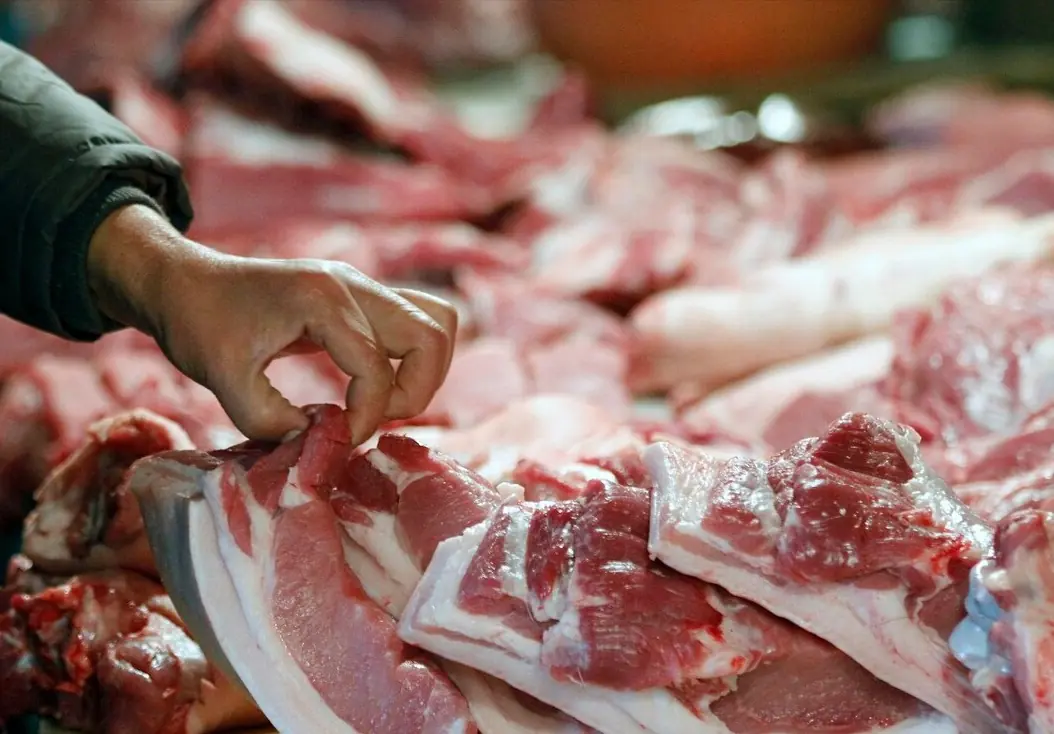
Five “Dirtiest” Parts of the Pig That Butchers Never Take Home for Their Own Families
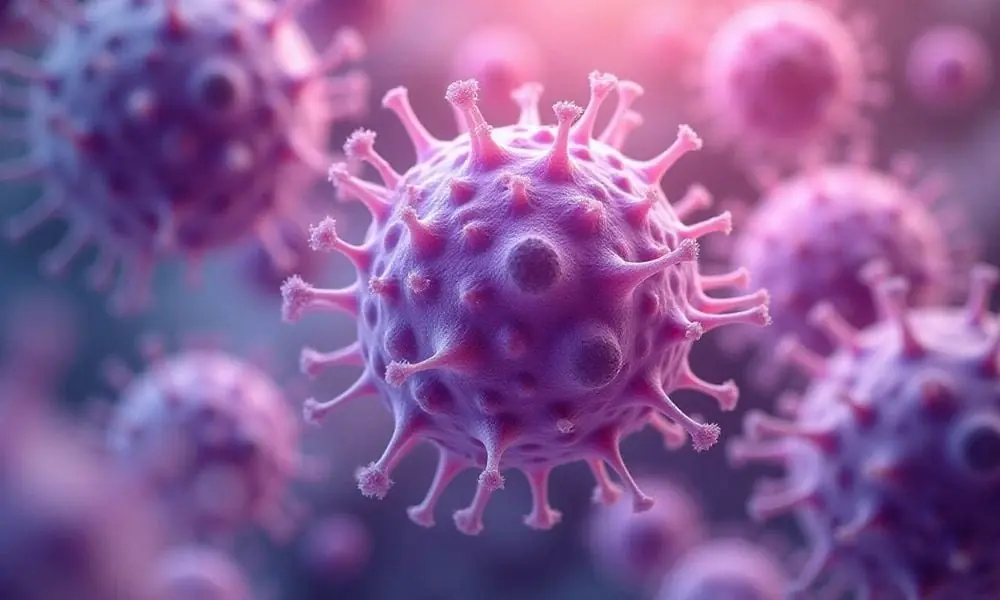
The Whole Family of Three Was Diagnosed With Thyroid Nodules; the Mother Collapsed: “I Thought Those Two Things Were Always Good to Eat and Could Prevent Cancer”

Breakthrough Cancer Treatment Offers Unprecedented Hope for Patients
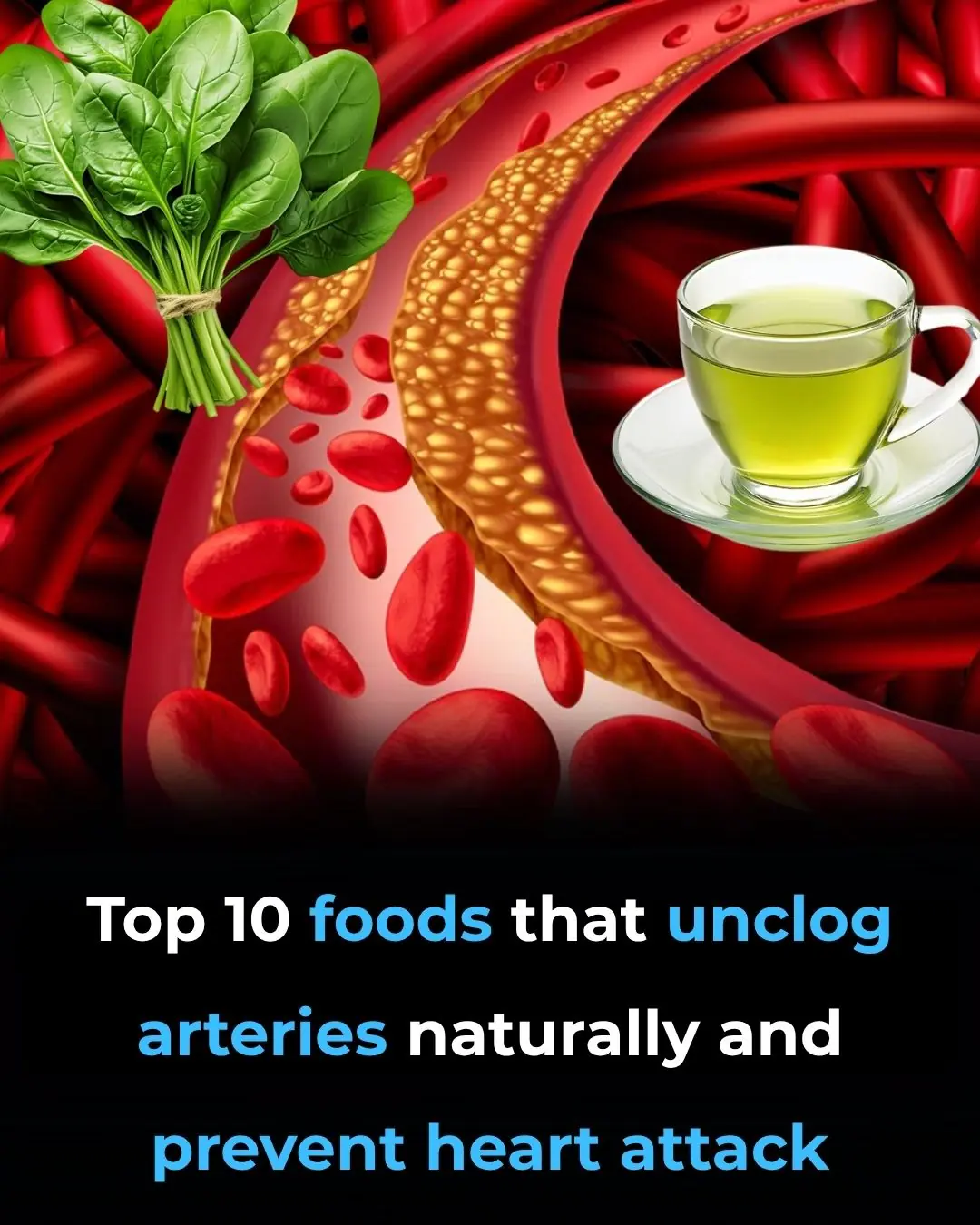
Top 10 foods that unclog arteries naturally and prevent heart attack
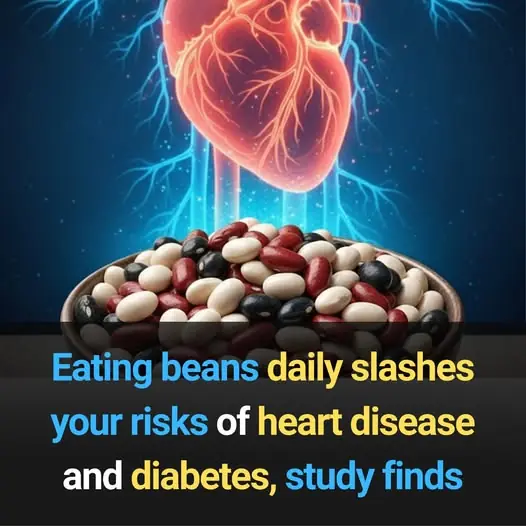
Eating beans daily slashes your risks of heart disease and diabetes, study finds
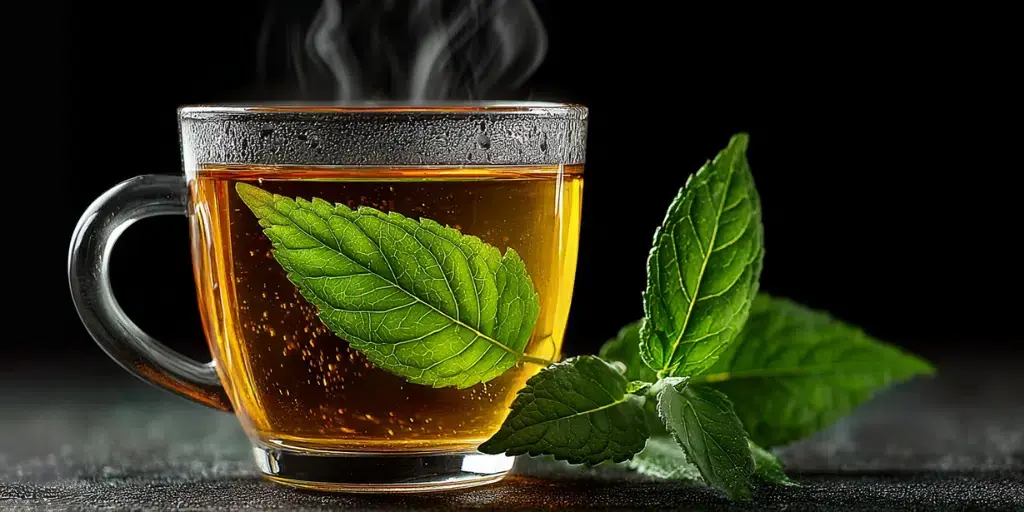
The #1 plant to eliminate mucus and phlegm instantly (how to use it!)

A single 4g dose can clear heavy metals, remove microplastics and cleanse the brain (do not use daily)
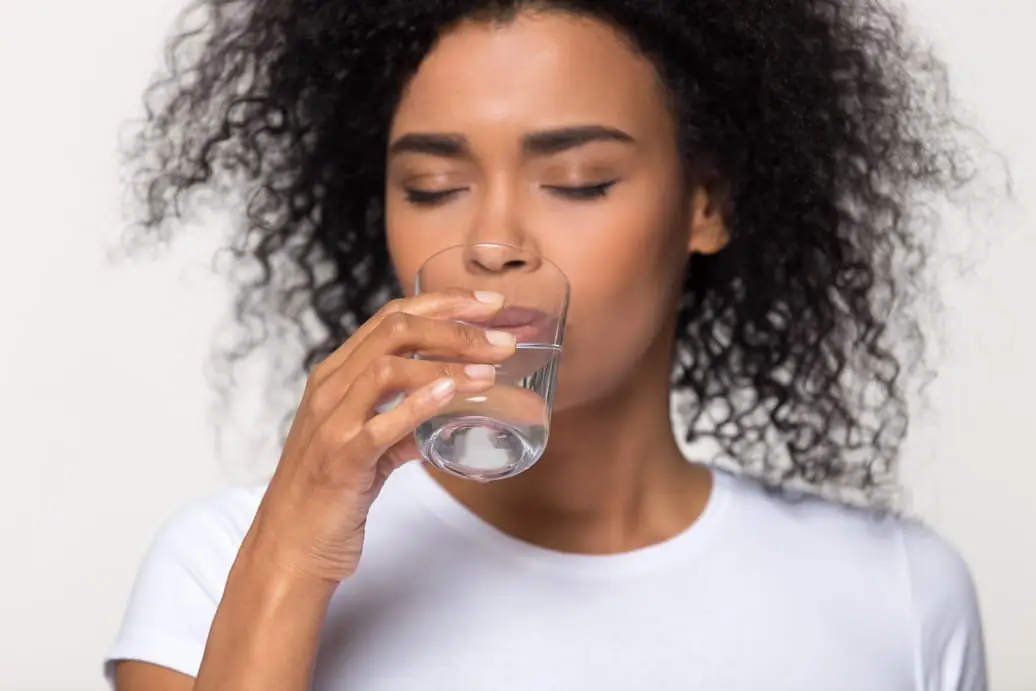
13 Surprising Signs Your Body Is Crying Out for Hydration

If You’ve Noticed Ridges in Your Fingernails, This Is What It Really Means

Research reveals the #1 vitamin for eye protection
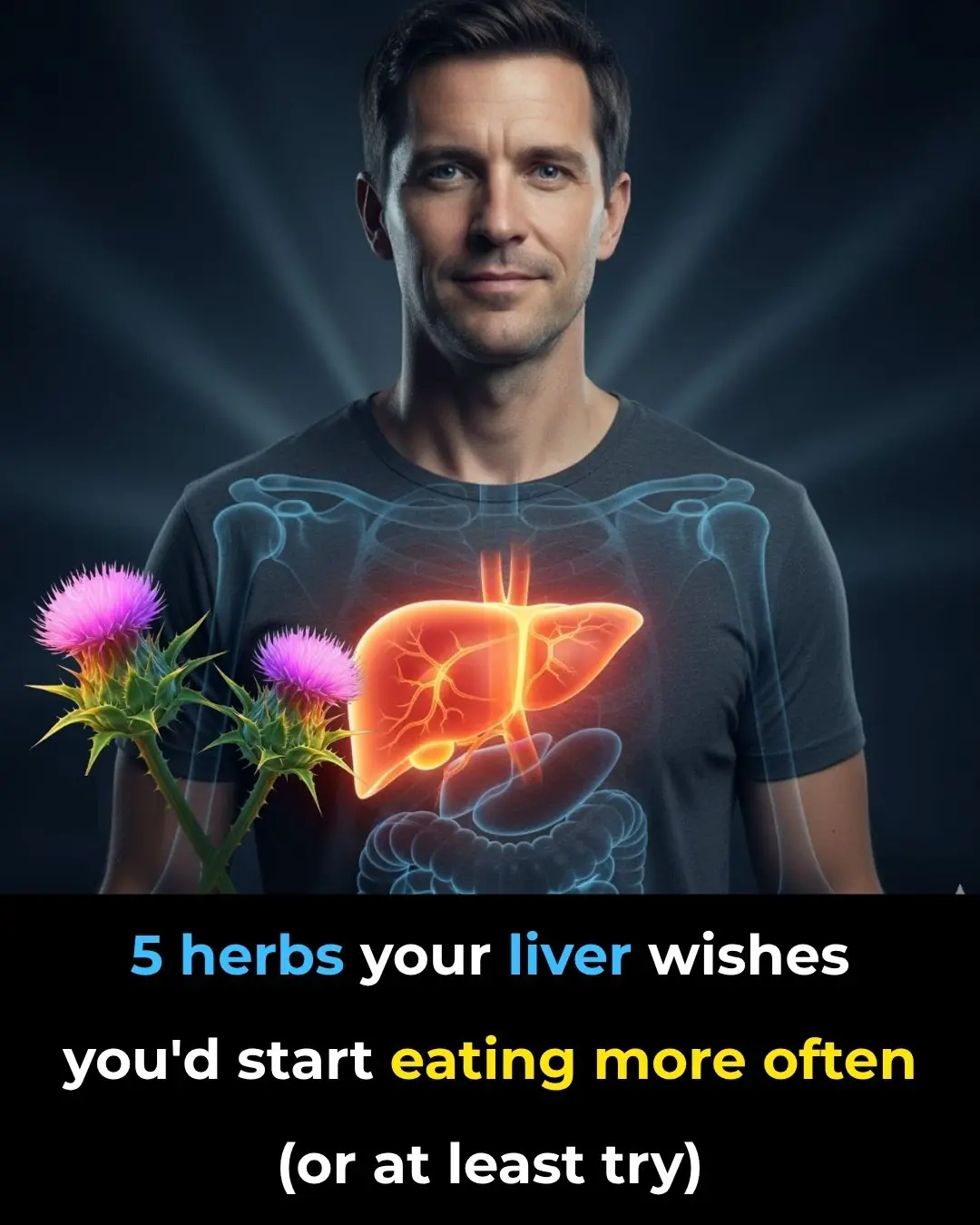
5 Herbs Your Liver Wished You’d Start Eating More Often (Or At Least Try!)
News Post

I’m A Celeb 2025 star Aitch slammed as ‘disrespectful’ after exposing ex for soiling the bed

Riot Women ending: Kitty’s double prison twist as Sally Wainwright drama concludes series one on BBC One

Comedian Jeff Dye joins Hollywood exodus, says Newsom ‘scares the s–t out of me’

Jelly Roll battled severe isolation and illness during grueling foreign tour: ‘I want to go home’
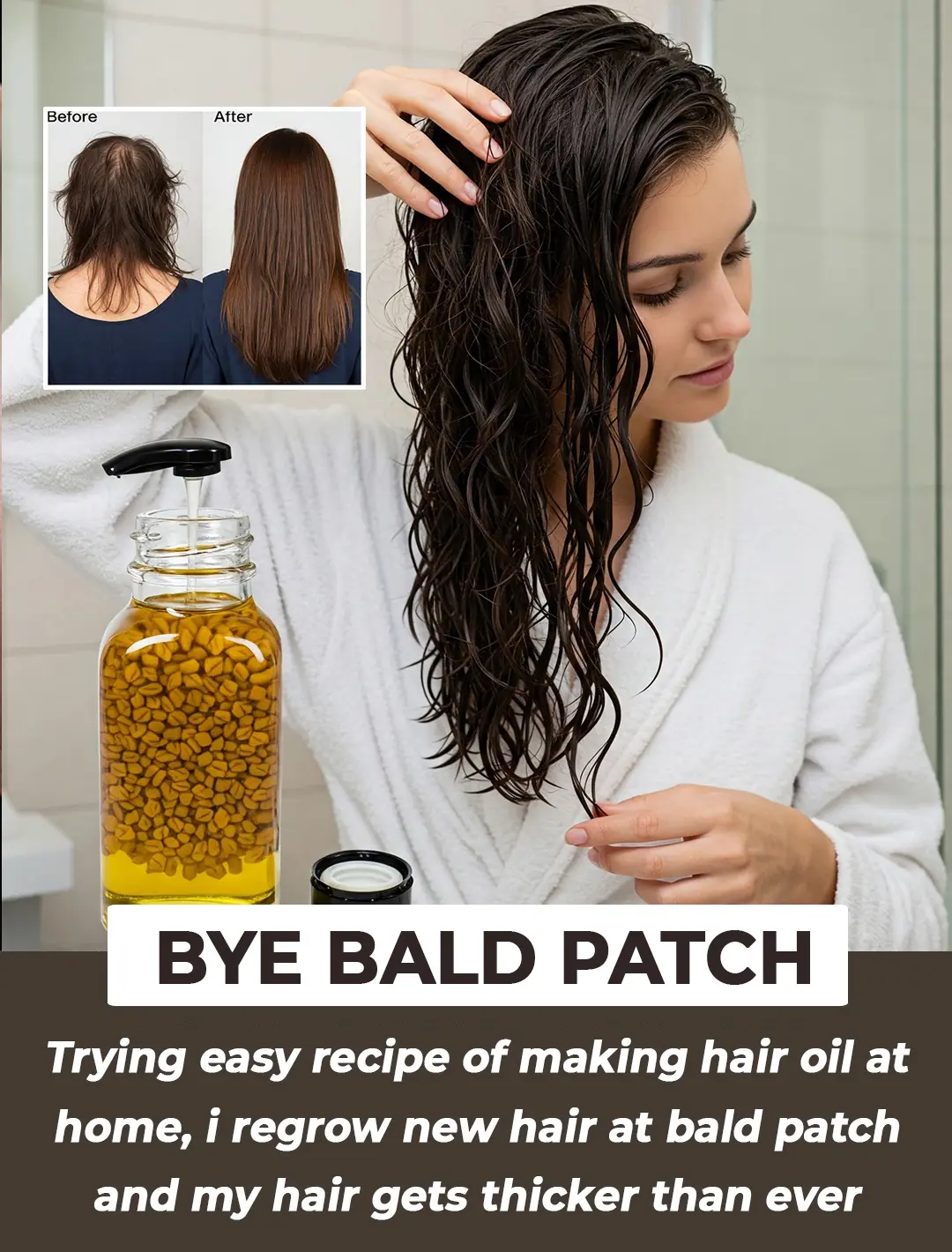
DIY Fenugreek Oil for Hair Growth – Get Thick Hair
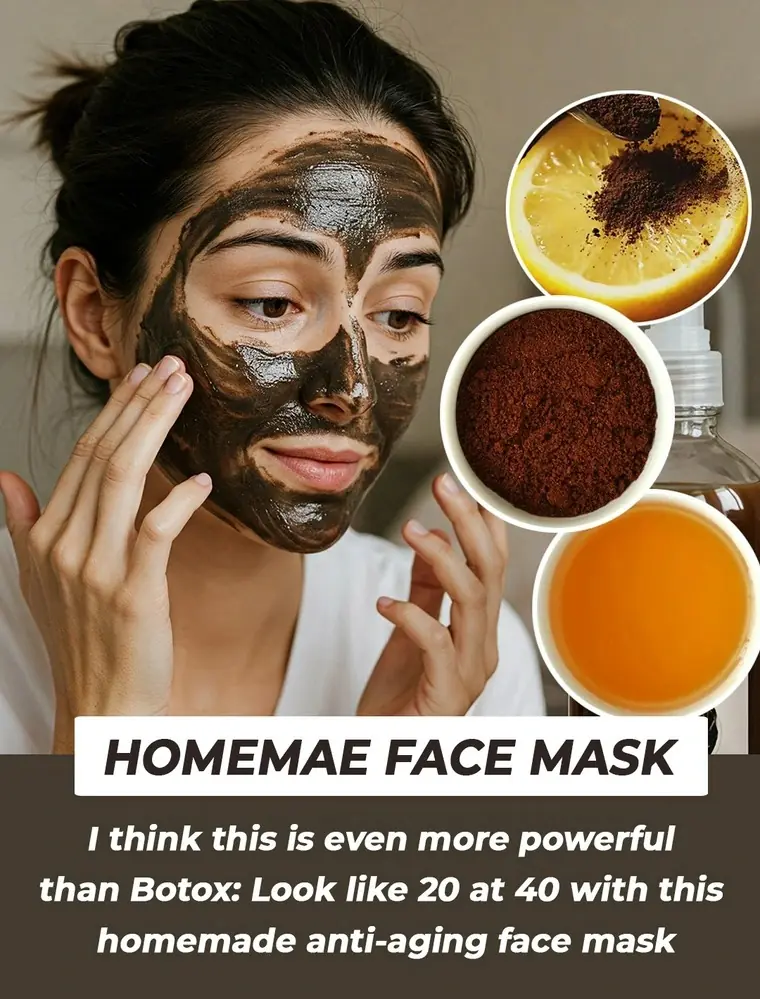
Coffee For Anti-Aging, More Powerful Than BOTOX

Best Coffee Eye Masks to Get Rid of Dark Circles | Under Eye Wrinkles | Eye bags & Puffy Eyes

Vaseline and Lemon for Glowing Skin: Unlock the Magic of Nature’s Skin Care Combo

The Hidden Power of Banana Strings: Why You Should Never Remove Them Again

Banish Congestion Now! The Fiery Root That Clears Lungs & Sinuses INSTANTLY

10 DIY Beauty Cubes for Beautiful & Flawless Skin

How Two Quiet Hours a Day Can Rebuild Your Brain

13 Warning Signs of High Blood Sugar and 9 Ways to Take Control of Your Health

What Are Tonsil Stones
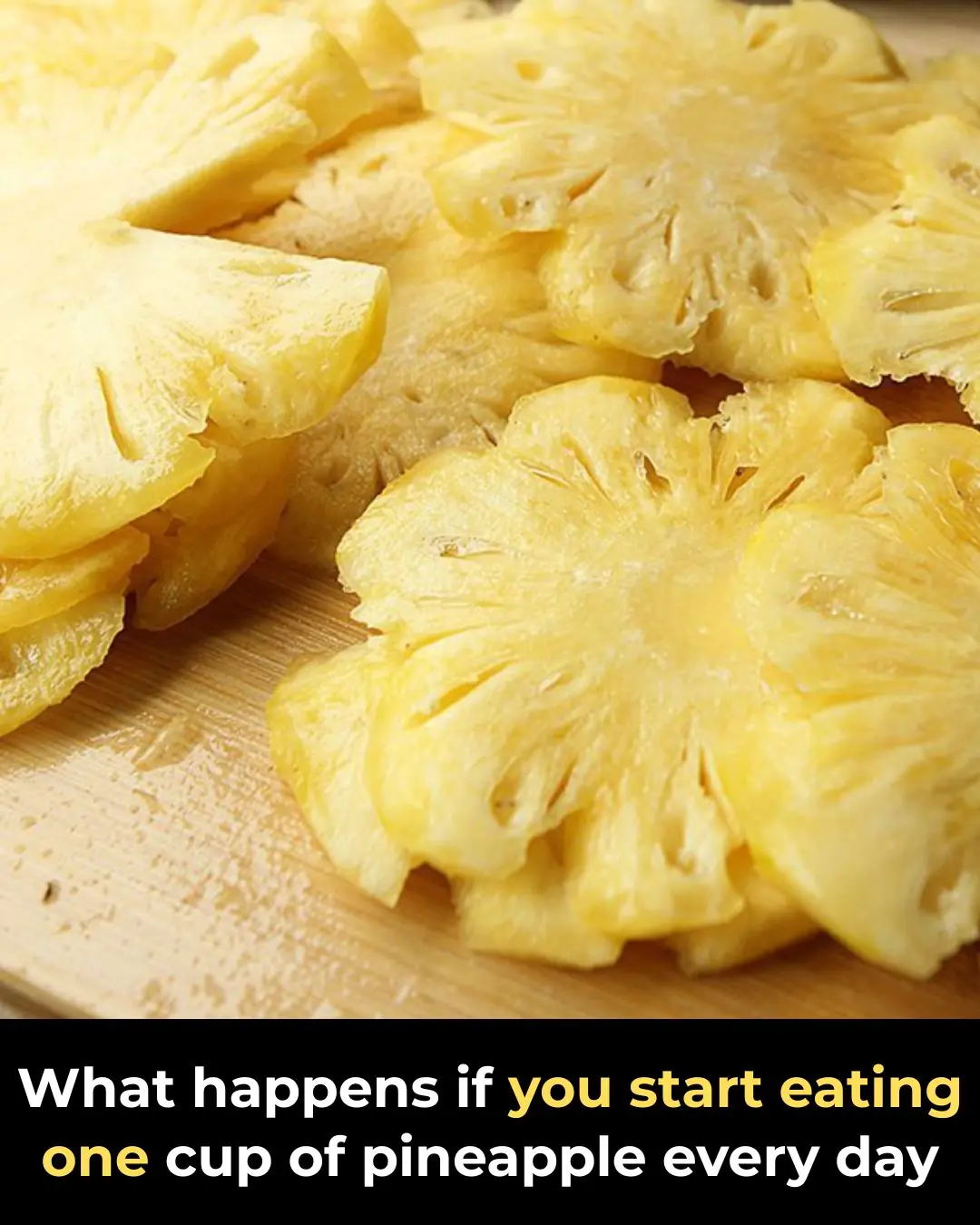
Powerful Health Benefits of Pineapple You Should Know

Nerve Pain Relief? The Vitamin Deficiency You Never Suspected!
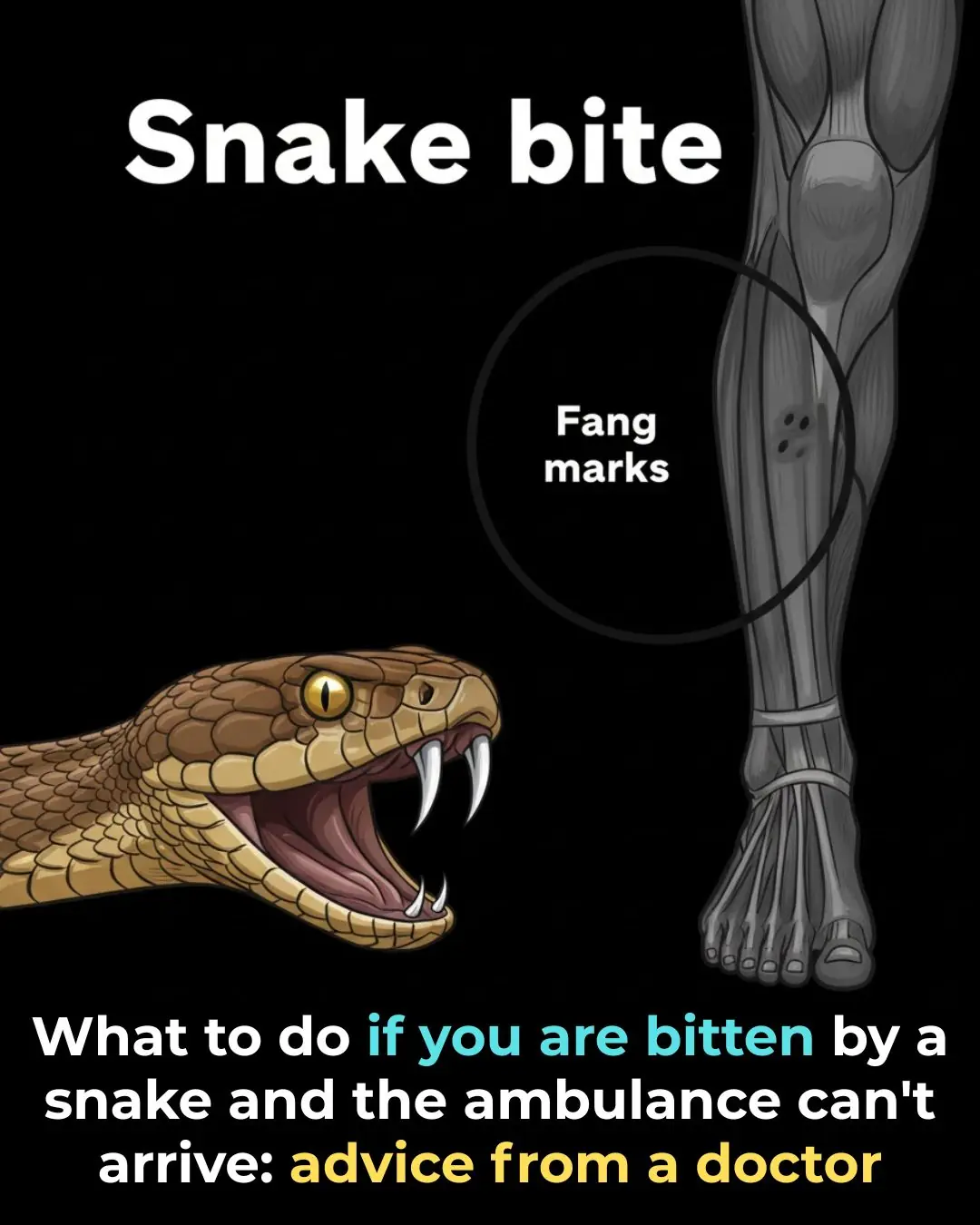
🐍 What to Do If You’re Bitten by a Snake — When Help Is Far Away

Eat More Red Onions: It Inhibits Cancer Cells, Stops Nosebleeds And Protects The Heart
